American Outliers
America has been called the place where languages go to die. But not always. In episode 8 of America the Bilingual we hear the story of two American immigrants and their intrepid sons. What the sons did leaps out when set against the landscape of the more usual American study-abroad experience.
Listen on iTunes by clicking here:
Listen to this SoundCloud episode below:
America the Bilingual is a storytelling podcast dedicated to those learning another language — or thirsting to start.
Subscribe on iTunes or wherever you listen to podcasts and hear a new episode every two weeks. (I’ll let you know about future episodes on Twitter as well.)
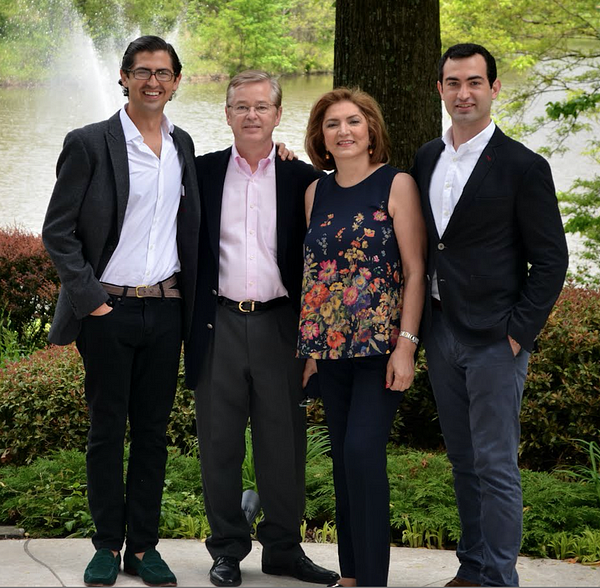
From left to right: Cyrus, Jack, Nadereh, and Philip Roepers
Meet the Parents
Jack Roepers was born in The Netherlands and grew up “in reasonably comfortable circumstances.” After finishing business school, he told me he could have joined the family printing business, but was turned off by the country’s high taxes and, what he perceived as the limited opportunities there for young graduates like himself. Having already been accepted into the Master’s Program of Georgetown University’s School of Foreign Service, he moved to Washington in 1980. He loved America from the moment he stepped off the plane — the size of it, the variety, the can-do attitude. He came with a suitcase, $300 in his pocket, and the opportunity to strike out on his own.
Nadereh Chamlou came to the Washington, DC area from Iran in 1974 at the age of 17 when her father was posted to the US. When the Iranian revolution broke out in 1979, her family could not return. She enrolled at Georgetown for graduate school and it was there that she and Jack met.
Both of them had learned several languages while growing up. After their graduate studies, they got jobs in Washington that would take them all over the world where they would make good use of their languages, and work on others.
When they married and had two sons, they decided they would raise them speaking Dutch and Farsi, and give them plenty of exposure to the other languages that family members spoke, notably, German and French.
How languages die (and don’t)
This story may have a feeling of inevitability about it — two polyglot parents raise sons in several languages. Yet it could have turned out very differently. In fact, already in their families there were the unmistakable signs of normal language loss. Nadereh’s siblings also married non-Farsi speaking Americans and as a result, her polite parents would speak English at family gatherings. And Nadereh’s siblings didn’t push Farsi on their children. Both Jack and his brother married non-Dutch speaking Americans and their children didn’t speak Dutch as well as their fathers. Young cousins often play an important role sustaining heritage languages when they play together in the minority language, but the first American-born generation of Roepers and Chamlou families did not do that.
What really made the difference in the language trajectories of Cyrus and Philip, in addition to having very determined parents, was their own decision to go to Europe for college and graduate school, and while there, to diligently expand their language skills. To understand just how unusual that decision was, we need only glance at the statistics on American youth studying abroad.
The study of study abroad
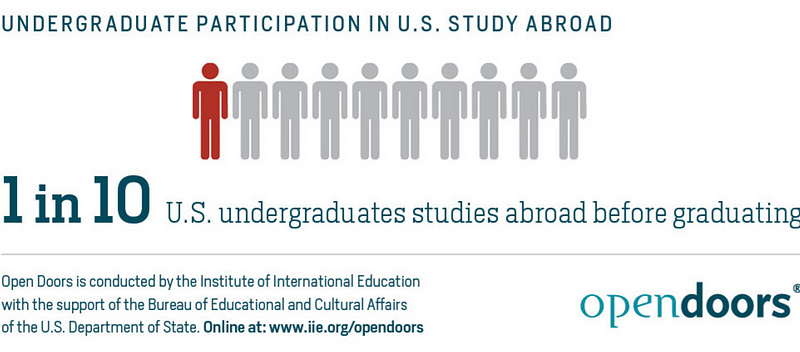
According to the IIE, only ten percent of American college students study abroad for any length of time time. Of those, fewer than 3 percent study for a full year; the vast majority go for a few weeks or months and increasingly study in English.
In stark contrast, international students coming to the United States stay for several years, earn degrees and learn English. They bring in lots of money, too, about $36 billion in 2015.

It’s a curious trade deal. America takes in far more education money than we spend overseas, but what that also means is that we import more than three times the number of students than we export. Our children mostly stay home. If they do get exported for their education, they stay for only months or weeks and come back typically gaining little in the way of language skills. Put another way, America has a large trade deficit when it comes to international education.
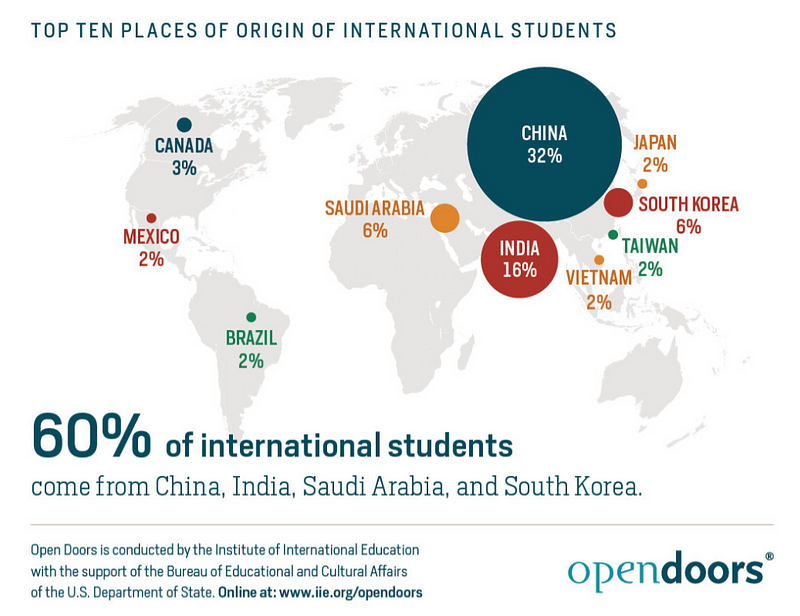
(By the way, you don’t have to be a child of immigrants to do what Cyrus and Philip did. Check out David Wolf’s story in Episode 2.)
Homage to a French teacher
In the episode, you’ll hear Cyrus and Philip praise their American high school French teacher. Most of their reminiscences didn’t make the final cut, but I thought they were touching and interesting enough to include here:
Cyrus: So one of the things I remember from my French teacher Mrs. Swope. For me she was one of the best teachers I ever had.
Philip: Well, I didn’t agree with her at the time but as the years passed, I realized how much of a contribution she’s made to my life.
Philip: I always tried to be bumped up to the more advanced class, the more literary one, because hers was the more everyday or conversational kind of French. But you know all these years later all the people that were in the literary class, they don’t speak a lick of French. But it’s because of her that I actually had the skill set in French that when I went abroad to Rotterdam, I was able to converse so freely with my friends over there. They actually complimented me.
Philip: I went back to a reunion [high school], and I was dating a French girl at the time, I actually said, ‘Thank you Mrs. Swope for not allowing me to skip out of your class and making me learn everything you could teach me because now I can actually converse with the girl that I’m seeing.’”
Ms. Cindy Swope still teaches at the Potomac School in McLean, Virginia.
The arousing life
Both Cyrus and Philip have made use of their language skills in their jobs with big firms, but recently Cyrus has taken another bold step. With his fiancée, Heather Rodgers, Cyrus has become an entrepreneur launching a company called Arousing Appetites. Cyrus’s language skills, and his openness to learn words and expressions in new languages (what I call Buds of Bilingualism), has emboldened them to travel the world searching out unusual kitchen products and recipes that they offer to their customers.
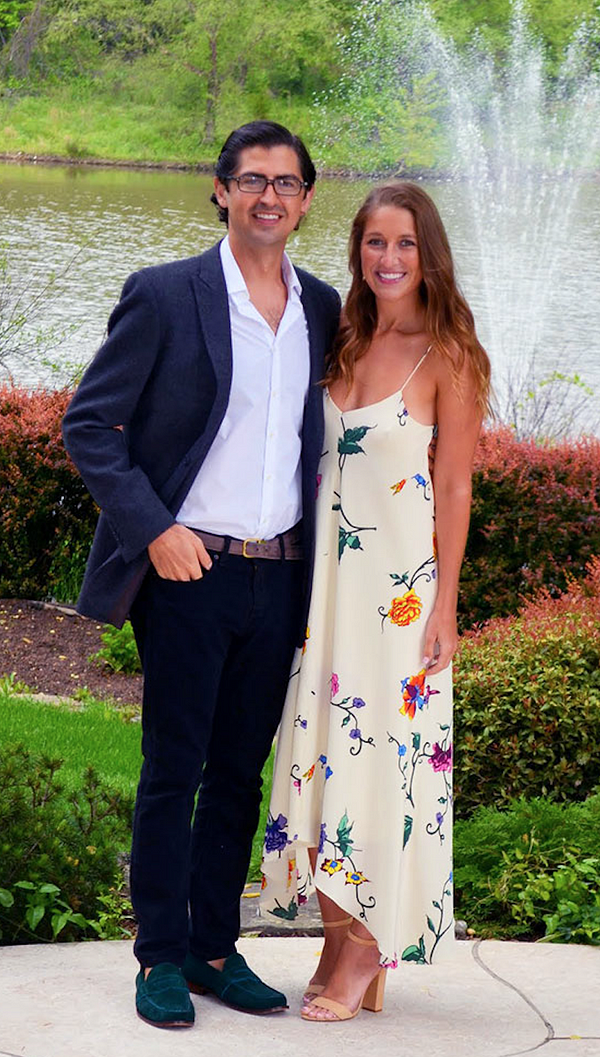
Engaged: Cyrus Roepers and Heather Rodgers
The couple spent two and a half months in Berlin and then a few weeks in Greece. Recently they returned from South America where they spent one month each in Chile, Peru and Argentina. Presently they are in Italy for a month and then plan a month in Portugal. Says Heather, “Cyrus and I have the luxury of kind of moving around and working, you know, essentially wherever there’s Wi-Fi.”
Their adventurous spirit, fueled by linguistic and cultural openness, is paying off in their flowering business. Check out Arousing Appetites and see for yourself. (By the way, Heather also studied French in school and is working to improve it in time for their upcoming wedding in France.)
In hearing about their footloose yet hard-working lifestyle, I’m struck again by the connection between bilingualism and boldness.
I’ll leave you with one of my favorite quotations:
Whatever you can do, or dream you can, begin it.
Boldness has genius, power, and magic in it.
— Goethe
Credits (and a key book)
The American the Bilingual podcast is part of the Lead with Languagescampaign of ACTFL — The American Council on the Teaching of Foreign Languages.
A special salute to the IIE, which for almost 100 years has been fostering international education. They transform lives, boost economic development, and help secure world peace.
This episode was written by me, Steve Leveen, and our producer Fernando Hernández, who also does sound design and mixing. Associate producer is Beckie Rankin. Editorial consultants are Mim Harrison and Maja Thomas. Graphic arts are created by Carlos Plaza Design Studio.
For a fascinating read on how children actually acquire languages, check out the seminal book by Steven Pinker of Harvard, The Language Instinct.
Music in this episode with a Creative Commons Attribution License by:
Kevin Macleod — Quasi motion
Francisco Penilla — Chicle bombita
Lloyd Rogers, with the Cartesian Reunion Memorial Orchestra –Draw me a sheep (Act I)
Lee Rosevere — More on That Later, Not Alone, What’s Behind the Door, Vaping in L.A.

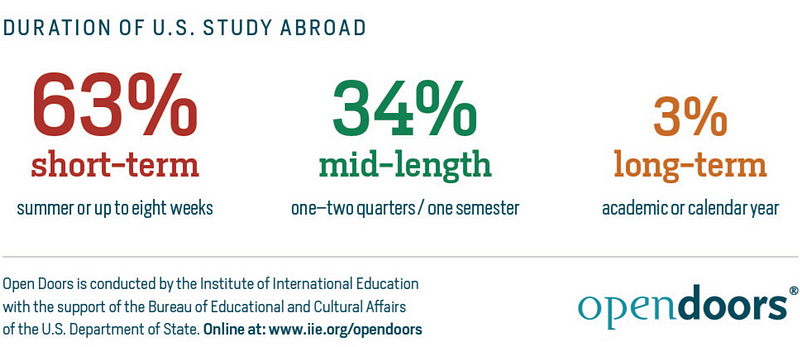
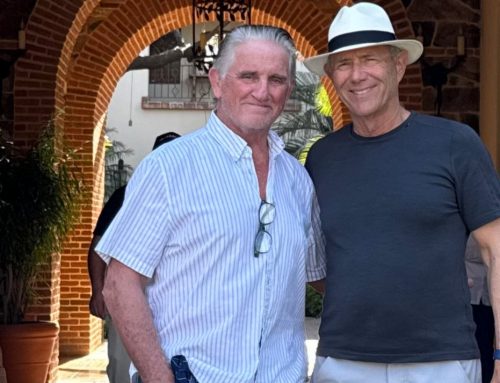
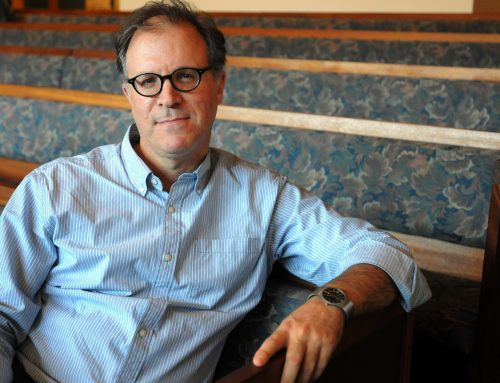
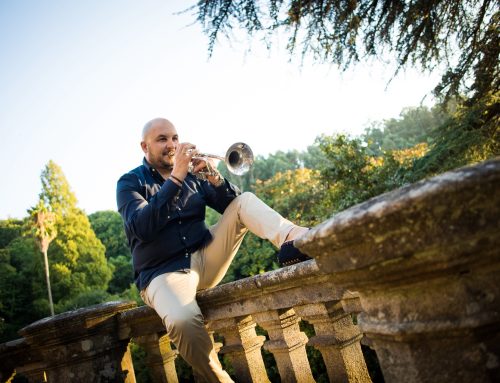
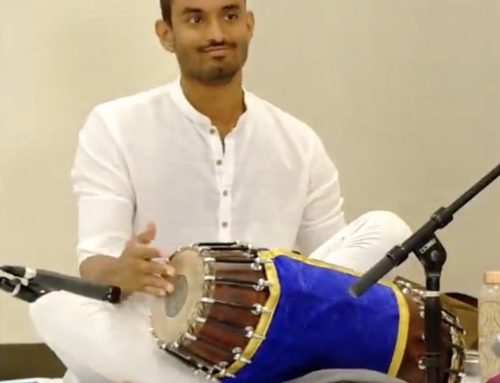
Leave A Comment